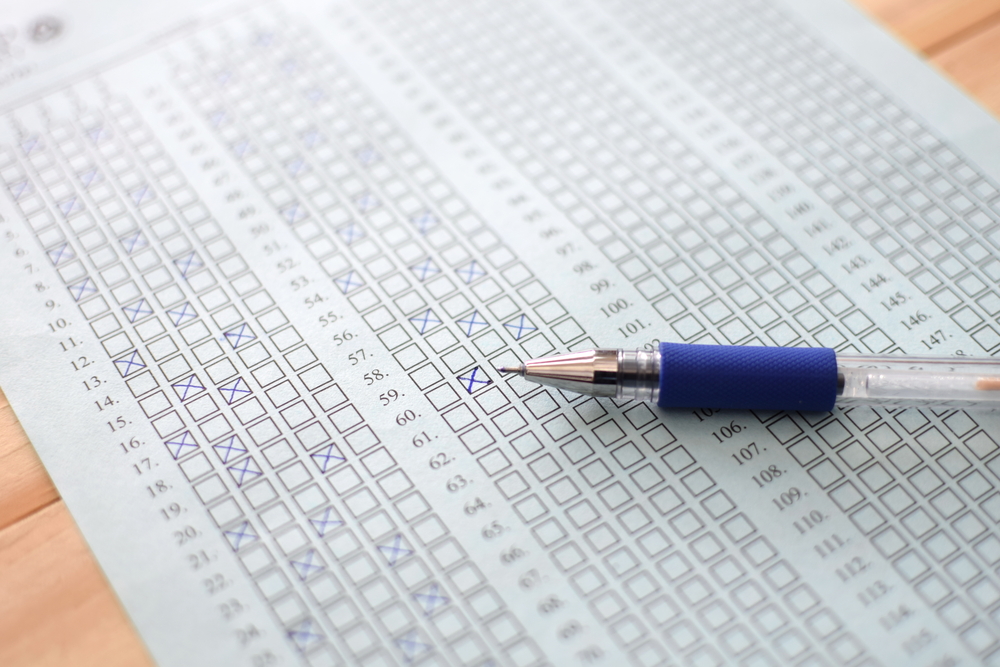Amongst the most prestigious educational institutes of India, Indian Institutes of Technology or IITs are always at the forefront in the domain of academic excellence, innovation, and career opportunities. Admission into these elite colleges is pretty competitive and based on merit, where performance in any of the national-level entrance exams decides the fate. We take you through the list of top IIT entrance exams in india, the colleges they cover, and eligibility and preparation tips for aspirants.
Top IITs in India
IITs consistently rank among the best engineering colleges globally, offering cutting-edge education and research opportunities. The top IITs as per the latest NIRF rankings include:
- IIT Madras
- IIT Delhi
- IIT Bombay
- IIT Kanpur
- IIT Roorkee
- IIT Kharagpur
- IIT Guwahati
- IIT Hyderabad
- IIT Indore
- IIT (BHU) Varanasi
These institutes provide undergraduate, postgraduate, and doctoral programs across diverse engineering, science, and humanities disciplines.
To Know More About Top IIT Colleges In India. Read more….
Admission to these colleges is primarily through the following entrance exams:
Key IIT Entrance Exams In India
1. JEE Advanced
JEE Advanced is the entrance to Bachelor’s, Integrated Master’s, and Dual Degree programs in IITs. JEE Advanced is conducted in seven IIT zones. This examination tests problem-solving skills, logical reasoning, and analytical abilities. A candidate must qualify for JEE Main to appear for JEE Advanced.
2. GATE (Graduate Aptitude Test in Engineering)
GATE is a national-level entrance exam for postgraduate admission in M.E., M.Tech, and Ph.D. It tests the undergraduate-level knowledge of engineering subjects. Scores of GATE are also utilized for recruitment in PSUs (Public Sector Undertakings).
3. JAM (Joint Admission Test for M.Sc)
The JAM entrance examination is for admission into postgraduate science programs offered at IITs and IISc. It covers M.Sc., Joint M.Sc.-Ph.D., and Integrated Ph.D. The primary focus areas of this exam include physics, chemistry, and mathematics.
4. CEED (Common Entrance Examination for Design)
The test for M.Des programs in IITs and IISc is the qualifying exam for aspirants of design courses. It checks creativity, visual perception, and problem-solving ability. That is why it has been a much sought-after test for design enthusiasts.
5. HSEE (Humanities and Social Sciences Entrance Examination)
HSEE is conducted by IIT Madras and is aimed at taking admission into Five-Year Integrated Master of Arts programs in Development Studies and English Studies. The test aims to assess the analytical abilities, language proficiency, and awareness about social and environmental issues among candidates.
6. UCEED (Undergraduate Common Entrance Examination for Design)
UCEED facilitates admission to B.Des programs at IIT Bombay, IIT Guwahati, and IIITDM Jabalpur. The exam evaluates candidates’ design aptitude, visual reasoning, and creativity.
What is IIT JEE Exam?
The IIT JEE Exam is the national-level engineering entrance consisting of two stages, i.e., JEE Main and JEE Advanced.
The screening for candidates aspiring to study at NITs, IIITs, and other engineering colleges is the preliminary for JEE Main.
Top performers in JEE Main are invited to sit for JEE Advanced, the entrance examination for IITs.
The examinations subsequently conduct courses such as B.Tech, B.Arch, Integrated M.Sc., and M.Tech.
FAQ’S
Who Can Take JEE Main Exam?
Candidates meeting the following criteria are eligible for JEE Main:
- Completed Class 12 in 2023 or 2024 or appearing for Class 12 exams in 2024.
- Candidates who passed Class 12 before 2022 or will appear after 2024 are ineligible.
What is the Eligibility Criteria for JEE Main?
JEE Main Requirements:
- General category candidates must secure at least 75% in Class 12 or be in the top 20 percentile of their board. (65% for SC/ST candidates).
- Subjects: Physics, Mathematics, and Chemistry/Biology/Biotechnology.
- Attempts: Candidates can attempt JEE Main for three consecutive years.
JEE Advanced Requirements:
- Top 2,50,000 candidates from JEE Main Paper 1 are eligible.
- Must secure 75% in Class 12 or be in the top 20 percentile.
- A candidate can attempt JEE Advanced for two consecutive years.
How Can I Start Preparing for JEE Exams?
Far far away, behind the wo
- Choose the Best Coaching Centre
- Join a reliable coaching institute that suits your way of learning.
- Refer Standard Books
- Physics: H.C. Verma, D.C. Pandey, I.E. Irodov
- Chemistry: O.P. Tandon, Morrison & Boyd, J.D. Lee
- Mathematics: R.D. Sharma, S.L. Loney, I.A. Maron
- Practice Daily
- Practice previous years’ question papers and mock tests to analyze weak areas.
- Reiterate Continuously
- Reiterate theoretical concepts and questions to maintain memory effectively.
- Time Management
- Time should be allocated judiciously for study, revision, and mock tests using a structured timetable.
Tips to Crack IIT JEE on the First Attempt
Understand the Syllabus
Familiarize yourself with the syllabus and prioritize topics based on their weightage.
Focus on Concepts
Strong conceptual clarity is vital to solving application-based questions.
Mock Tests
Take regular mock tests to simulate the exam environment.
Stay Healthy
Maintain a balanced diet, exercise, and get adequate sleep to stay focused.
How to Crack IIT Entrance Exams in India Easily
- Begin with NCERT Textbooks: These are the foundation for JEE preparation.
- Use Multiple Approaches: Solve problems using alternative methods to strengthen understanding.
- Join Test Series: Evaluate your progress through online and offline test series.
Stay Positive: Consistent effort and a positive mindset are key to success.






